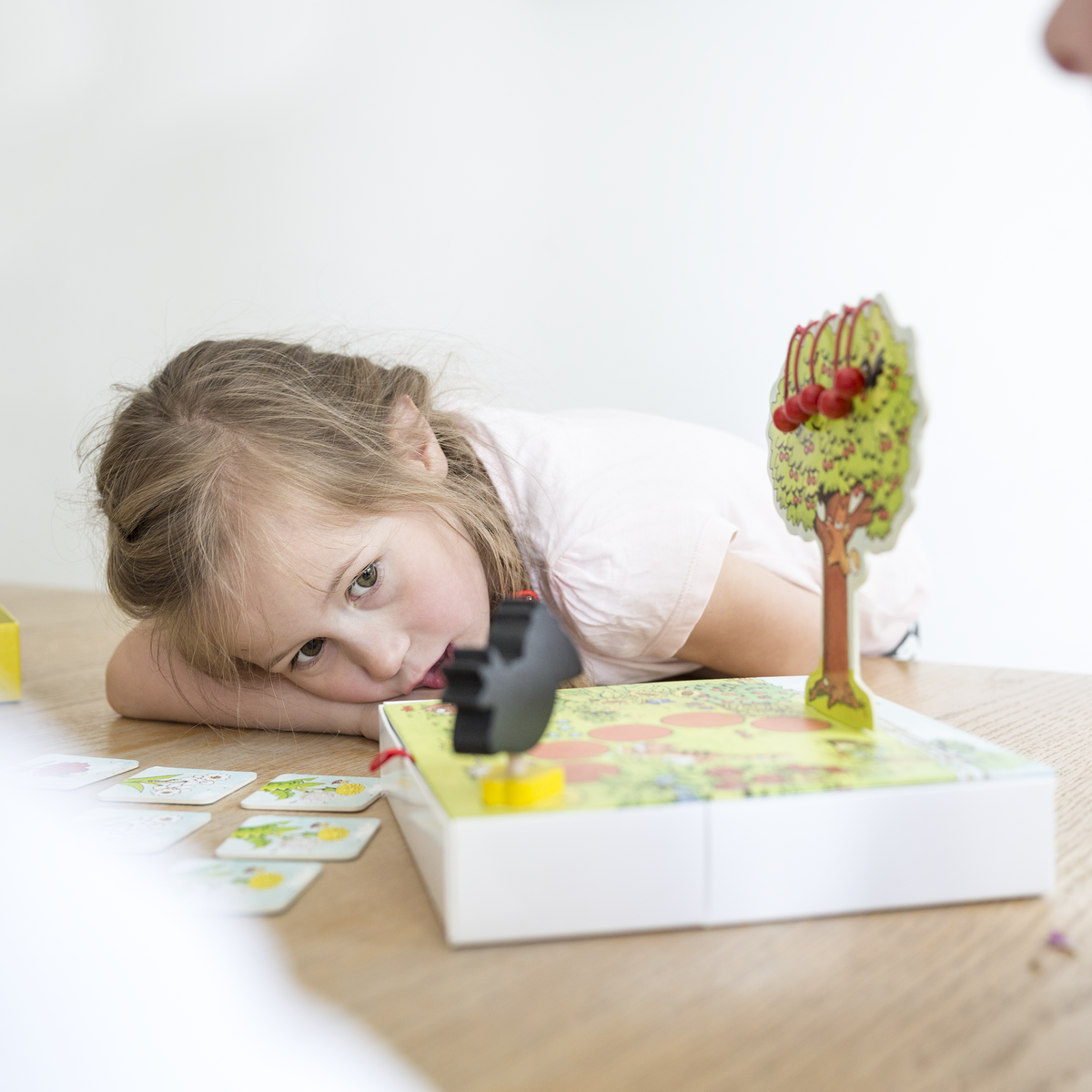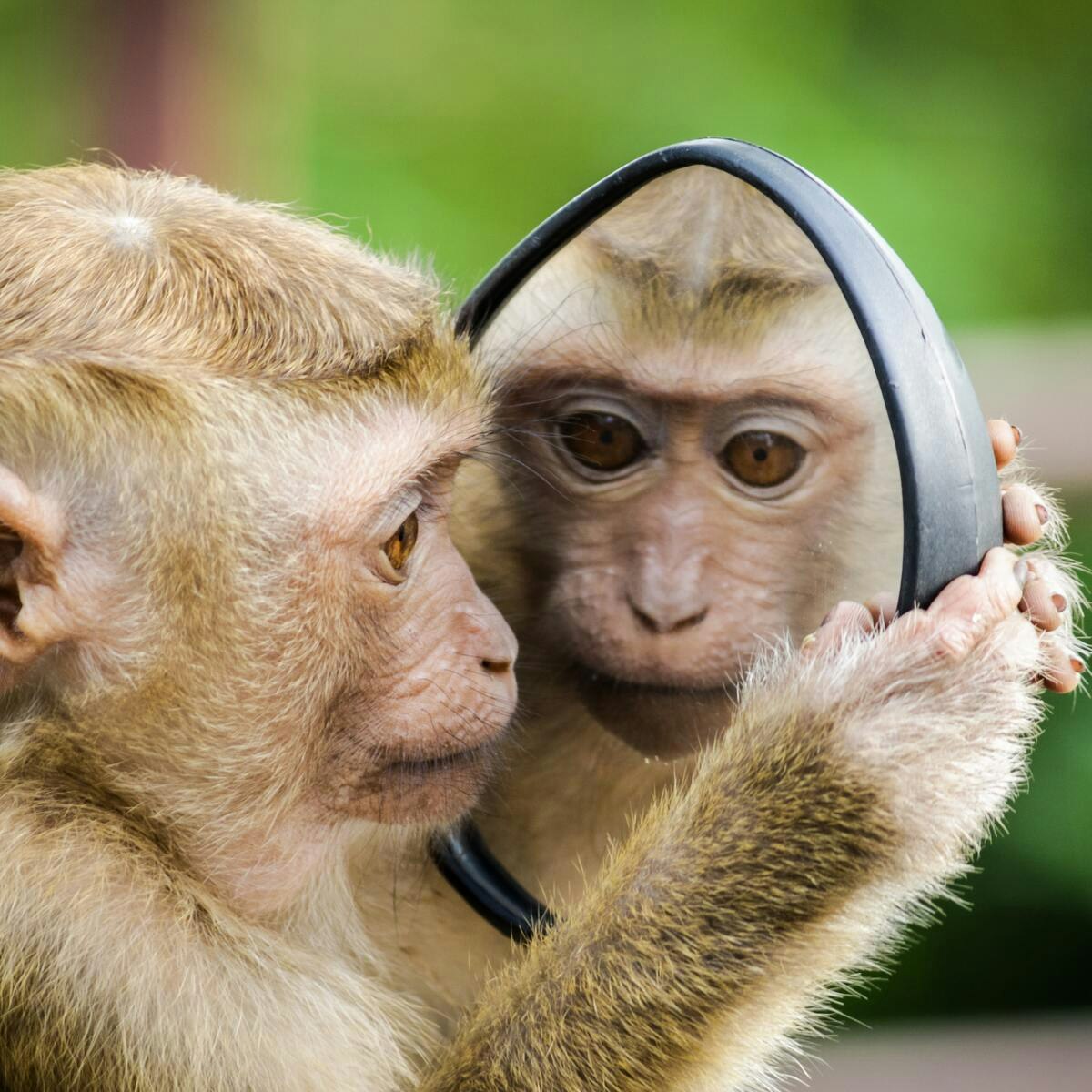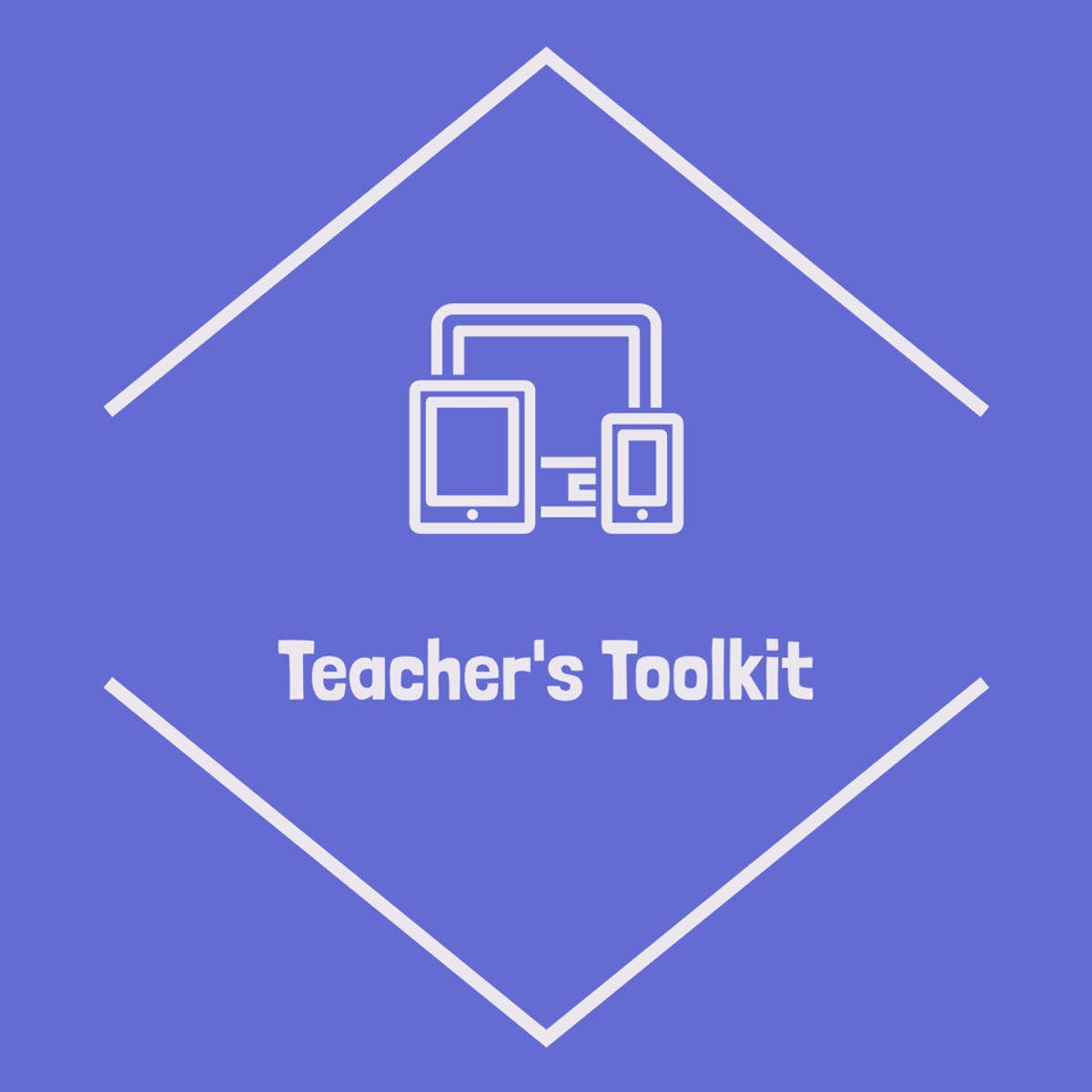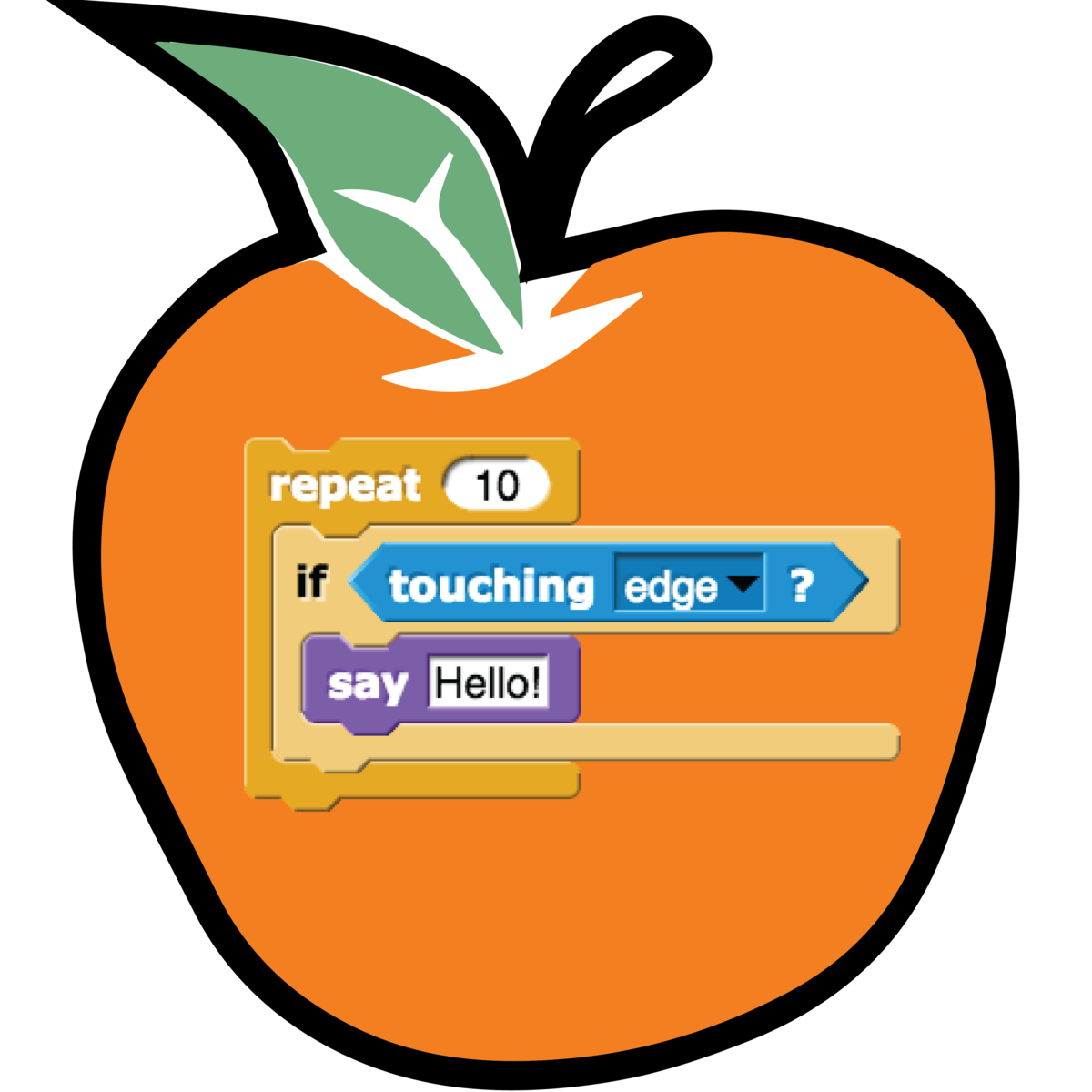Back to Courses









Education Courses - Page 7
Showing results 61-70 of 264

How Do We Manage Climate Change?
In this course, learners will identify the types of actions that we can pursue to address climate change. These actions fall into two broad categories: 1) mitigation, which refers to efforts to reduce greenhouse gas emissions or enhance carbon sinks, and 2) adaptation, which refers to our preparations for climate impacts. We will explore the technologies, programs, and policies related to both mitigation and adaptation. Learners should leave the course with an improved ability to identify and evaluate climate actions undertaken by communities, governments, and businesses.

Diversity and Inclusion in Education
Student diversity is becoming the rule rather than the exception in education systems across the world. Students bring to classroom different characteristics such as ability and disability, socio-economic background, race, ethnicity, and cultural background, beliefs and religion, and gender characteristics. The United Nations’ Sustainable Development Goal 4 aims to ensure inclusive and equitable quality education and promote lifelong learning opportunities for all (United Nations, 2015).
However, creating inclusive quality education for all remains a ubiquitous challenge faced by educators faced with increasing student diversity. And certain groups of students are more likely to experience barriers to access, participate and success in education.
During this course, you will:
Develop a critical understanding of the concepts and assumptions about diversity and difference, including notions of ability and disability, socio-economic background, race, ethnicity, and cultural background, beliefs and religion, and gender.
Develop awareness of historical and contemporary definitions of inclusive education, taking into account policy, theories and models.
Develop the ability to critically analyse contexts in order to identify barriers to developing inclusive and equitable quality education for all learners.
Develop knowledge about ways to develop inclusive and equitable quality education for all learners, taking into account their diverse characteristics and needs.

Research Design: Inquiry and Discovery
The main purpose of this course is to focus on good questions and how to answer them. This is essential to making considered decisions as a leader in any organization or in your life overall. Topics will include the basis of human curiosity, development of questions, connections between questions and approaches to information gathering design , variable measurement, sampling, the differences between experimental and non-experimental designs, data analysis, reporting and the ethics of inquiry projects. Emphasis will be placed on approaches used in the social sciences (i.e., sociology, psychology, anthropology), but we will also discuss how others (i.e., natural scientists, business analysts) might approach the inquiry process. No prior knowledge of statistics is required for this course.

Understanding child development: from synapse to society
In this course, we dive into the topic of child development. You will learn that child development is complex and is influenced by a surprisingly rich number of factors at many different levels of organization. You will see that development can be studied in various domains and at various levels of understanding, from different angles and disciplines. Importantly, you will come to understand that processes within and between the various domains and levels of organization continuously interact to shape development. This implies that understanding development requires taking an interdisciplinary approach.
In order to help you organize your thinking about this complexity you will learn more about the developmental systems approach and theories related to that. We will look, amongst other things, at the brain and motor development, cognitive, language and social-emotional development and all the factors that have an influence on development.
To illustrate how an interdisciplinary approach helps to understand child development you will see how researchers from various disciplines and backgrounds study child development at Utrecht University. These scientists will give a look in their field of knowledge and their collaboration with colleagues, to illustrate how the theory you will learn translates to practice.
In sum, we invite you to follow us on a journey to understand child development from synapse to society!

Foundations of Teaching for Learning: Being a Teacher
The Foundations of Teaching for Learning programme is for anyone who is teaching, or who would like to teach, in any subject and any context - be it at school, at home or in the workplace. With dynamic lessons taught by established and respected professionals from across the Commonwealth, this eight course programme will see you develop and strengthen your skills in teaching, professionalism, assessment, and more. As you carry on through the programme, you will find yourself strengthening not only your skills, but your connection with colleagues across the globe. A professional development opportunity not to be missed.
How we teach has its foundation in how we were taught and how we learned. This course provides an opportunity for you to reflect on your personal and professional development as a teacher. Through reflection and portfolio development you will enhance your knowledge and understanding of how to promote learning.
Enhance your course by joining the Commonwealth teaching community on our website, Facebook and Twitter.

Teach English Now! Lesson Design and Assessment
Learners will be introduced to designing lesson plans based on principles and knowledge of learning objectives, assessment plans, methods, materials, and learning activities. Learners will find and prepare appropriate teaching materials through careful analysis, adaptation and creation of professional resources. Learners will also reflect on the cohesion between lesson design and teaching philosophies.

Primate Conservation
We are presently facing a potential extinction crisis for the order Primates (and many other life forms). In this course we will learn about threats to primate conservation globally. We will be using the, “Primates in Peril: The World’s 25 Most Endangered Primates 2018-2020” by Schwitzer et al. (2019) as a basis for the discussion of global primate populations. We will investigate conservation status, threats to conservations, success and failures within protecting our closest evolutionary cousins.

Interactive eLearning and Assessment with Edulastic
By the end of this project, you will be ready to use Edulastic to identify gaps and measure growth as your students learn. With Edulastic, you can not only assess and measure your students’ progress, but you can also differentiate student assignments. Each student in your class will receive instruction in any subject that is tailored to their unique learning needs. Edulastic is essential for distance learning but also valuable for learning in the classroom, whether you use a hybrid model or are looking for ways to engage students with content at home. Throughout each task, we will work together to ensure that you are ready to use Edulastic with your students right away.

Computational Thinking for K-12 Educators: Variables and Nested Loops
How can students learn about abstraction by creating a movie scene? Or make an interactive map using lists? You'll learn (and do it yourself) in this course!
This class teaches the concepts of abstraction (methods and parameters) and lists. For each concept, we'll start by helping you connect real-world experiences you are already familiar with to the programming concept you are about to learn. Next, through a cognitively scaffolded process we'll engage you in developing your fluency with problem solving with abstraction and lists in a way that keeps frustration at a minimum.
Along the way you will learn about the common challenges or "bugs" students have with these concepts as well as ways to help them find and fix those concepts. You'll also be guided in running classroom discussions to help students develop deeper understanding of these concepts.
Finally, you'll learn about the importance and logistics of assigning creative, student-designed programming projects.
Additionally, you will create a personal plan for increasing your skills in supporting a culturally responsive learning environment in your classroom.

Get Organized: How to be a Together Teacher
This course is designed for classroom teachers who juggle time-sensitive tasks and often-exhausting teaching schedules. With an eye toward long-term sustainability, The Together Teacher examines the purpose for planning ahead, provides tools for tracking time commitments, deadlines and tasks, and helps teachers develop a personal organization system that interacts with their day-by-day practices.
All teachers, from the pen & paper list maker to the tech-savvy digital maven, will benefit from the no-nonsense approach to "togetherness" that's presented in this course. We don't care what format you use; we care that you know when you have free time during the day, and that you have a plan for using it.
Popular Internships and Jobs by Categories
Find Jobs & Internships
Browse
© 2024 BoostGrad | All rights reserved